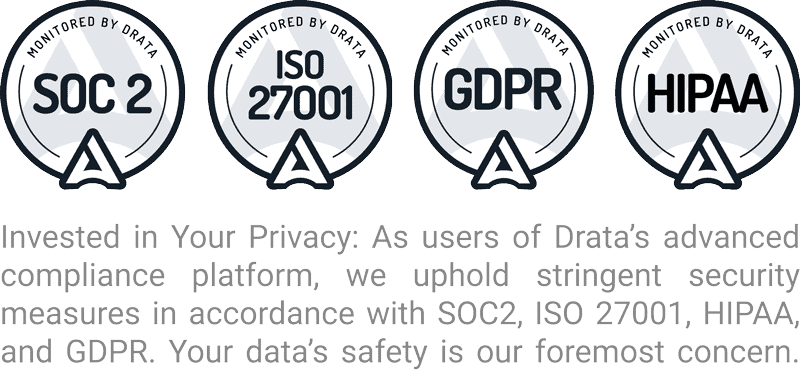Why Do People No-Show for Sales Appointments?
 We have all been there. You schedule a call with a hot prospect, only to realize that they are a no-show for your initial sales call or demonstration. No-shows are notorious in the online meeting world (i.e. GoToMeetings, etc.). While everyone will be no-showed occasionally, the frequency of no-shows is directly related to your process.
We have all been there. You schedule a call with a hot prospect, only to realize that they are a no-show for your initial sales call or demonstration. No-shows are notorious in the online meeting world (i.e. GoToMeetings, etc.). While everyone will be no-showed occasionally, the frequency of no-shows is directly related to your process.
What are the dangers of no-shows?
You have a limited amount of time to sell during the week. Every time you set aside a block of time and there is a no-show, you lose 5% of your income for that week. If and when you do reschedule, you have lesser value and a lower perception of importance to the prospect as you appear to be the needy one in the relationship. You have also lost out on time spent chasing other opportunities.
Top reasons for no-shows:
- Rare and tragic personal issue/illness. It happens – people get sick and are unable to come to the office. With this, I would suggest a different strategy.
- You didn’t create importance and interest in the meeting. Thus, other things became a higher priority.
- The prospect lacks the ability to buy. Though they were curious about your offering, you failed to qualify if the buyer had the ability to buy your product if you were able to show them a path to success.
- The prospect does not respect your time as a professional because your introduction was weak.
How do you combat no-shows?
Pre-qualification. By asking a lot of probing questions before the meeting, you are letting your prospect know that your time is important. You are also letting them know that you see a potential fit between their need and your capabilities. Lastly, you are letting them know that your meeting isn’t just a “getting to know you” session; but instead a bonafide opportunity to fix their pain points. It’s an opportunity that they can afford to invest in and execute.
Every introductory sales meeting should have a defined, but simple agenda. This agenda can be provided as a friendly reminder of the sales call the day before the meeting. This way, the prospect can fill in any blanks or important points that they may want you to address in detail. It’s also a great way to find out if other people will be attending the meeting from their side.
When someone does no-show, send a simple note letting them know that you arrived but they were not available. Instead of chasing a no-show prospect, put them into an automated workflow to educate and build their interest. If they are serious about doing business with you, they will suggest another time for a meeting. If they no-showed because they lack attention/interest/desire/action (AIDA), they are probably going to be in the same situation a week from now. Recognize that you scheduled your discussion too early in the process and start over. It’s your job to rebuild AIDA through education that does not require a lot of your time. The exception to this rule is personal tragedy/illness. In those cases, be human and let them know that you are available to talk again if/when their situation clears up.
Note: This is a very simple workflow that you can enact with Lead Liaison’s Marketing Automation or Sales Enablement solutions. With the push of a button, I cancel my meeting and put the prospect into a very simple/well-thought-out flow which benefits both the prospect and the salesperson.
One last note. I know that a lot of business development people are going to turn to ask what should you do when a prospect fills out a “contact us” form, or asks you for a meeting? These opportunities can be huge home runs, or fool’s gold. The first thing that I do in this situation is use a solution like Lead Liaison’s ProspectVision™ to better understand how much the client knows about my company. I want to know how they were referred to my site (was it a partner, an article, a search engine, etc?). I also want to know what the prospect knows about me. For example, if they have spent hours and researched dozens of pages on my website (including the pricing page) before calling me, then they have essentially pre-qualified themselves. On the other hand, I am always wary of prospects that know little about my company but want a demo/discussion. Such prospects are likely to set up dozens of meeting with dozens of competitors simply to learn, with no goals or buying decisions on the horizon. In such situations, cancellations are very likely. Again, through a simple ProspectVision™ analysis, I’m often able to identify and overcome potential no-shows before the happen.
To see a personalized demonstration of the solutions we offer to combat no-shows, let us know about your interest here!






